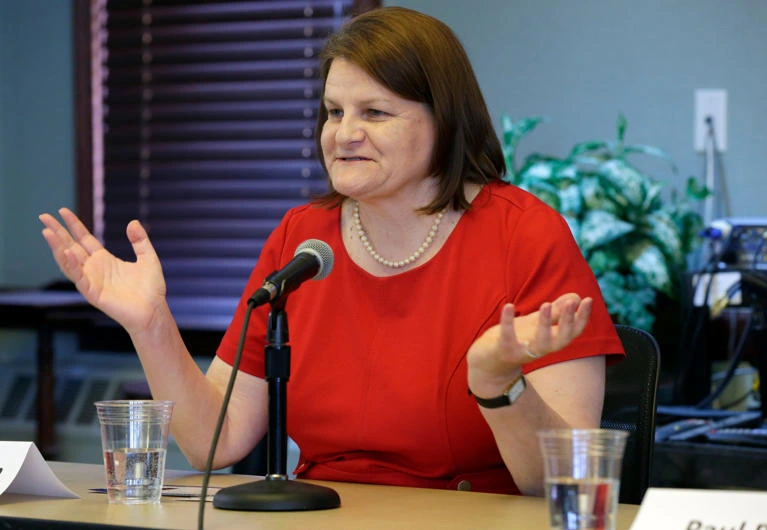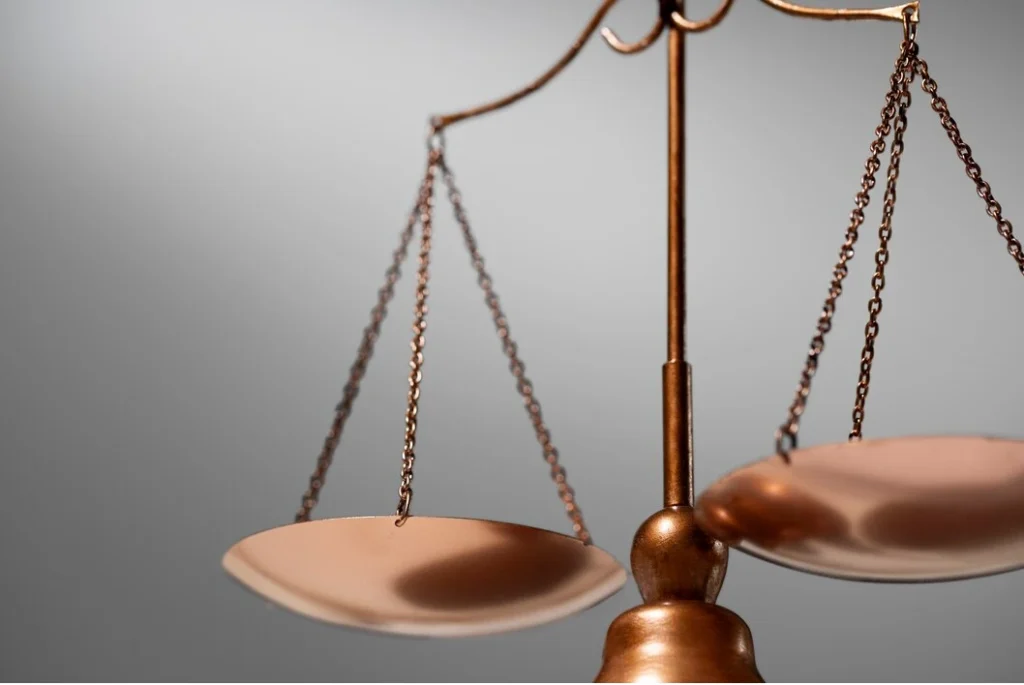In a startling and unprecedented development, Milwaukee County Circuit Court Judge Hannah Dugan was arrested by federal authorities on April 25, 2025. The arrest, which came at the hands of the FBI, centers around allegations that Judge Dugan obstructed a federal immigration operation in her courtroom—deliberately assisting an undocumented immigrant in avoiding capture by Immigration and Customs Enforcement (ICE).
This dramatic incident has shocked legal professionals across the country and reignited a heated national debate about the role of local courts, federal immigration enforcement, and the delicate balance between judicial discretion and federal authority. The implications stretch far beyond a single courtroom in Milwaukee, potentially setting a new precedent in the intersection of immigration policy and judicial ethics.

The Allegations: How a Courtroom Became a Battleground
The incident that triggered Judge Dugan’s arrest occurred during a scheduled court appearance for Eduardo Flores Ruiz, an undocumented immigrant facing removal proceedings. According to federal reports, ICE agents were present in the courtroom, intending to detain Ruiz following his hearing. However, the situation took a dramatic turn when Judge Dugan allegedly directed Ruiz out of the courtroom through an alternate exit—away from the federal agents.
The FBI alleges that Judge Dugan not only knew of the ICE operation but acted willfully to prevent its execution. Her actions reportedly led to a brief pursuit before agents were able to detain Ruiz outside the building. FBI Director Kash Patel issued a strong statement condemning the incident, calling it a direct obstruction of federal law enforcement duties and a violation of judicial responsibility.
The arrest has sparked a flurry of responses from both critics and defenders of the judge. While some have labeled her actions as reckless and unlawful, others argue she was protecting the integrity of her courtroom and the rights of a vulnerable individual.

A Legal First: What This Means for the Justice System
Judge Dugan’s arrest is historic—it marks the first time in U.S. history that a sitting state judge has been criminally charged for allegedly obstructing federal immigration enforcement. Legal scholars and constitutional experts are closely watching the case, as it may redefine the legal boundaries between federal authority and state judicial independence.
Critics warn that this case could set a dangerous precedent where judges may feel pressured to align with federal law enforcement at the expense of judicial neutrality. On the other hand, supporters of the arrest argue that no one, not even a judge, is above the law—especially when national security and immigration protocols are at stake.
As of now, the Department of Justice has not released an official comment, and Judge Dugan has yet to issue a public statement. The Wisconsin Judicial Commission and other state-level legal bodies may also begin their own internal reviews, which could result in disciplinary action or suspension.

Who Is Hannah Dugan? A Look at Her Background and Legacy
Before this controversy, Judge Hannah Dugan was widely respected for her contributions to law and social justice. Appointed to the Milwaukee County bench in 2016, she built her career around advocating for underserved populations and promoting legal equity. Her professional background includes working with Catholic Charities, serving as a public defender, and leading nonprofit legal efforts in the Milwaukee area.
Dugan also taught nonprofit law at Marquette University and was involved with numerous community and faith-based initiatives. Colleagues have described her as a passionate, principled, and deeply ethical jurist, committed to fairness and human rights.
Her supporters argue that her actions in this case reflect a continuation of her life’s work—prioritizing compassion and protecting vulnerable individuals, even when faced with political and legal risks.

The Bigger Picture: Immigration, Human Rights, and Judicial Discretion
This case has become a focal point in a much larger debate: How far can—or should—local and state officials go in resisting federal immigration policies they view as unjust?
Milwaukee, like many other cities across the U.S., has expressed strong support for immigrants and refugees. Local officials have often criticized ICE raids and aggressive deportation tactics. Within that context, some see Judge Dugan’s actions as a symbol of resistance, aligning with a growing movement of local leaders refusing to cooperate with what they consider overreaching federal policies.
However, legal experts caution that defying federal law in a courtroom setting could threaten the separation of powers and erode public trust in judicial impartiality. They stress the need for clear boundaries between personal beliefs and legal obligations—especially for judges, whose roles depend on upholding the law without bias.
This incident is likely to fuel ongoing debates around immigration reform, sanctuary jurisdictions, and the limits of judicial power. It also places increased pressure on federal lawmakers to address the patchwork of policies and tensions that continue to plague the American immigration system.
Final Thoughts
The arrest of Judge Hannah Dugan is more than just a courtroom controversy—it’s a watershed moment that touches on the core of American democracy: law, justice, and the moral responsibility of those who interpret them. Whether viewed as an act of defiance or a breach of duty, her actions have brought urgent questions to the national stage—questions we can no longer afford to ignore.
Table of Contents
How Long Can Humans Really Live? Science Finally Has an Answer – trendsfocus